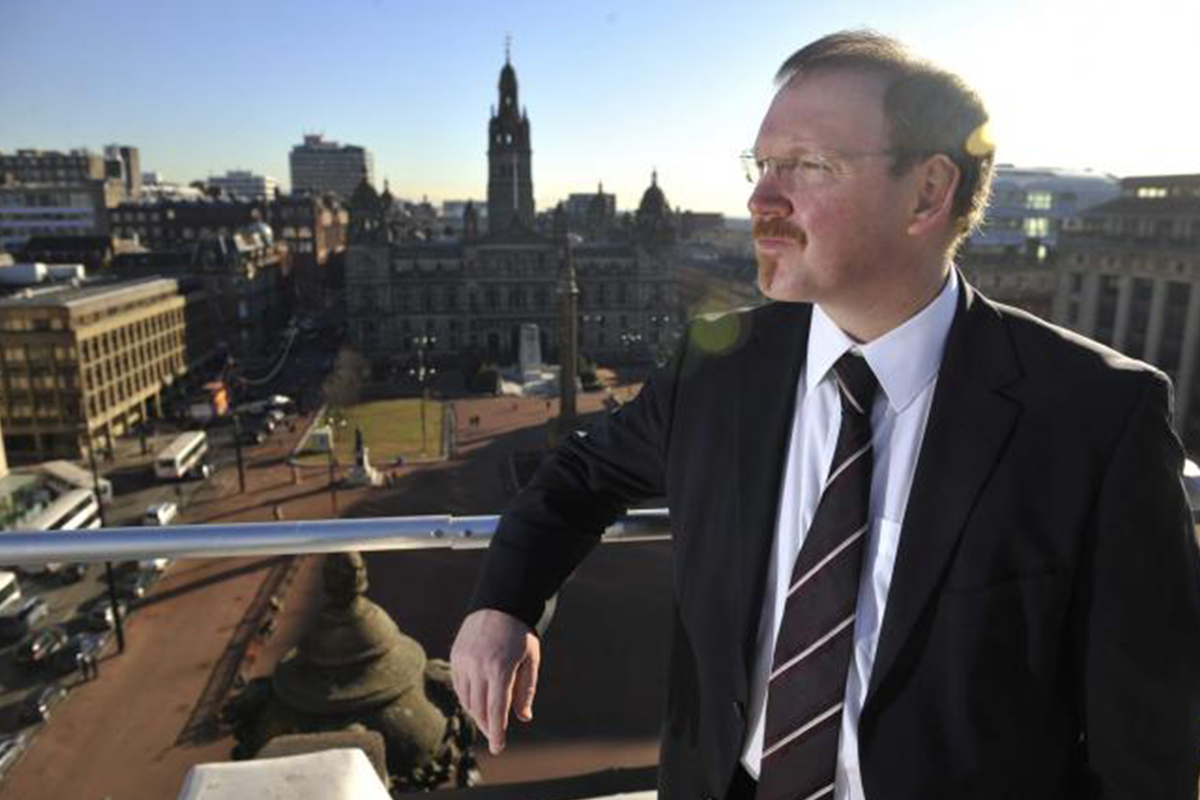
23 Feb 2022
By Stuart Patrick, Chief Executive of Glasgow Chamber of Commerce
There has been a sea change in both the understanding of and commitment to tackling climate change in the business community. That was a clear message I picked up from senior United Nations staff at COP26. But not every measure with an environmental objective will automatically secure business support. The current proposals for a Workforce Parking Levy (WPL) are a case in point.
The proposal suggests that every business with car parking for staff and visitors above an agreed threshold number of spaces would be liable to a charge which they might choose to pass on to their staff. Nottingham is the one example where the levy has been introduced and the charge this year will be £458 per space. A Glasgow City Council paper made it clear that this might not simply target the City Centre. A figure of £20- 30 million was floated as possible annual revenue but that depended on the levy being applied to businesses across the whole city.
Reducing reliance on fossil fueled private cars is a widely shared goal but the feedback I have been getting from Chamber members on the prospect of a levy in Glasgow has been overwhelmingly negative. It was a relief to read that Council Leader Susan Aitken has suggested the WPL may not be near the top of her priority list. I believe she is right to say so.
Firstly, there is the question of timing. There is widespread recognition that more needs to be invested in regional transport systems in Glasgow. The City Council’s Connectivity Commission – of which I was a member – made it very clear that it was time to invest in the quality and reach of public transport; reversing the decline of bus travel and expanding transport options through the Metro proposal, recently supported in the Scottish Government’s transport review.
There may well be a role for measures like the WPL in the future but not until improvements – many of which may secure private funding support - are well advanced. Travelling across the city region on public transport can be especially awkward, often involving a two-stage journey that is much more time consuming and less reliable than using a car. Better to encourage more use of public transport by making it more attractive before penalizing those for whom it does not yet meet their needs.
Then there are questions of fairness. If companies choose to absorb the cost, then the behavioural change the policy seeks will not happen and after a period of inflation badly hitting household incomes, employers will be very reluctant to add to the burden.
For some employers there will also be irritation that they are being charged for spaces that they were required to provide as a condition for securing planning permission.
Then there is a doubt about the economic sense of a policy that might only apply in Glasgow and not in surrounding local authorities. Glasgow suffered from post war policies that deliberately moved businesses out of the city into the new towns to the obvious detriment of those left in poorer city districts. We have spent thirty years attempting to bring jobs back to those communities. A levy that increases the costs of working in Glasgow alone does not appear to fit well with that task.
It would be wrong to suggest that businesses will complain about any policy that raises their costs. That was clear at COP26. Businesses are prepared to invest heavily to become more sustainable but for Glasgow, the WPL may do more harm than good. Its time may come but that time is not now.
This article was first published in The Herald on Wednesday 23 February 2022